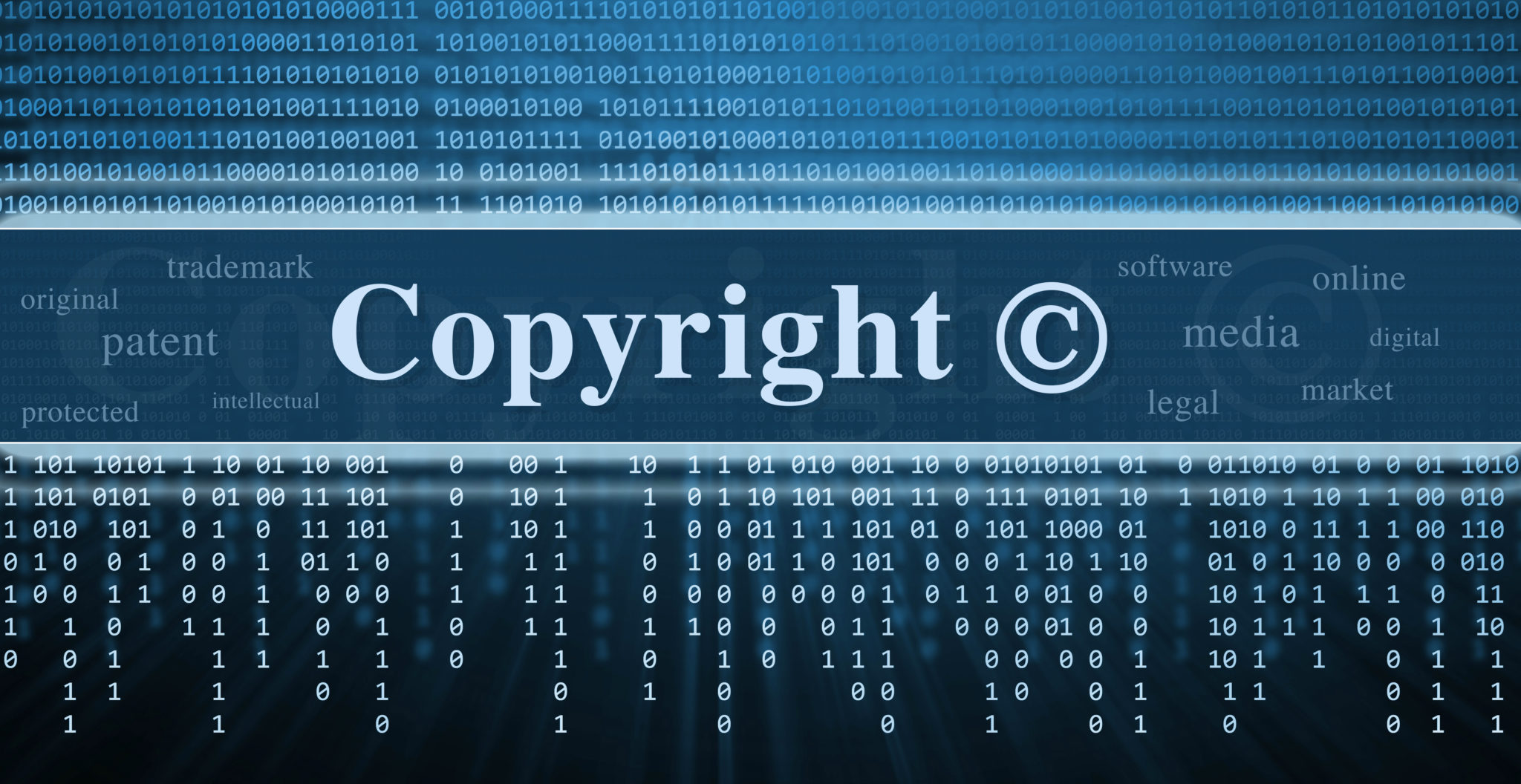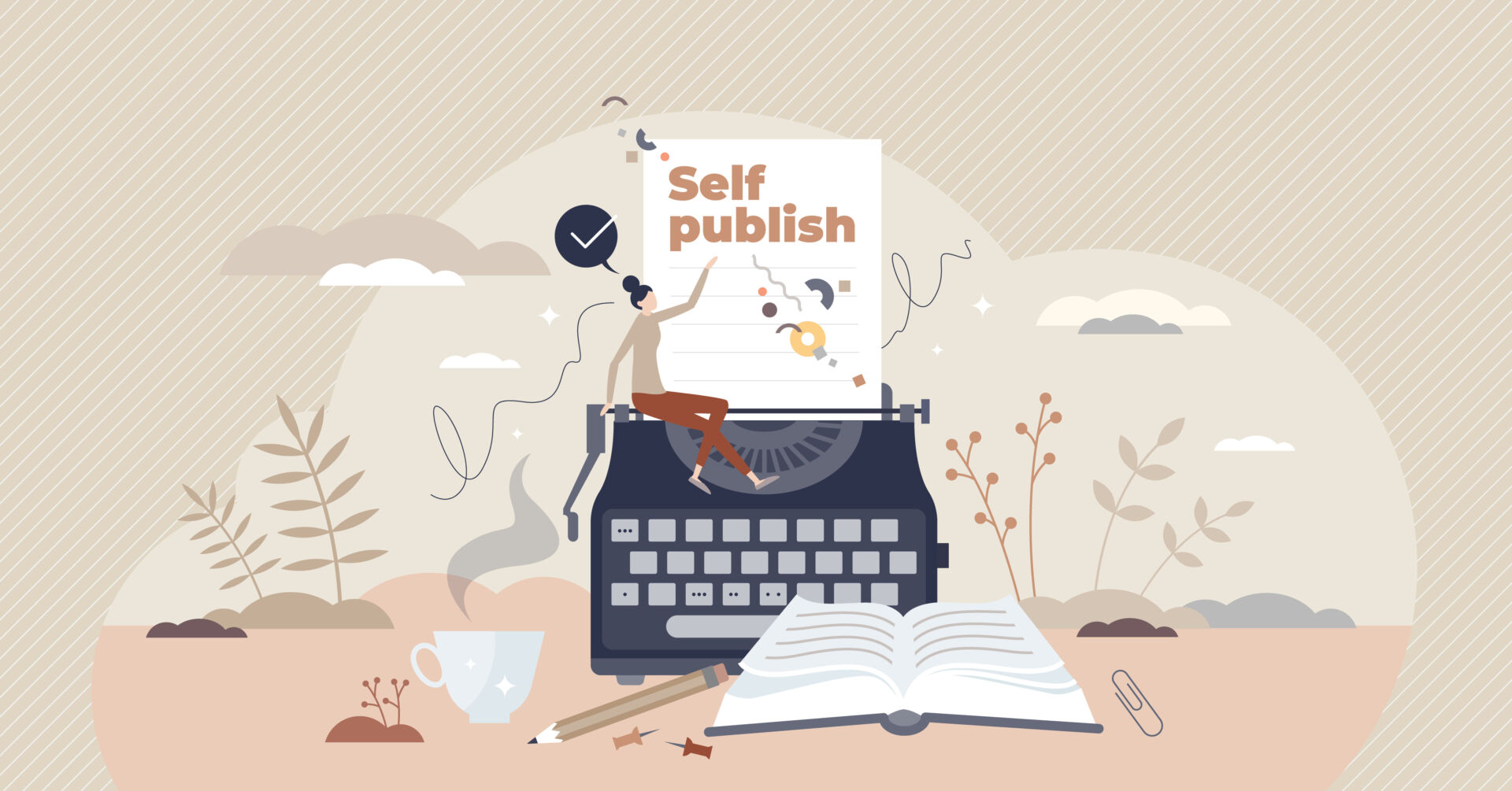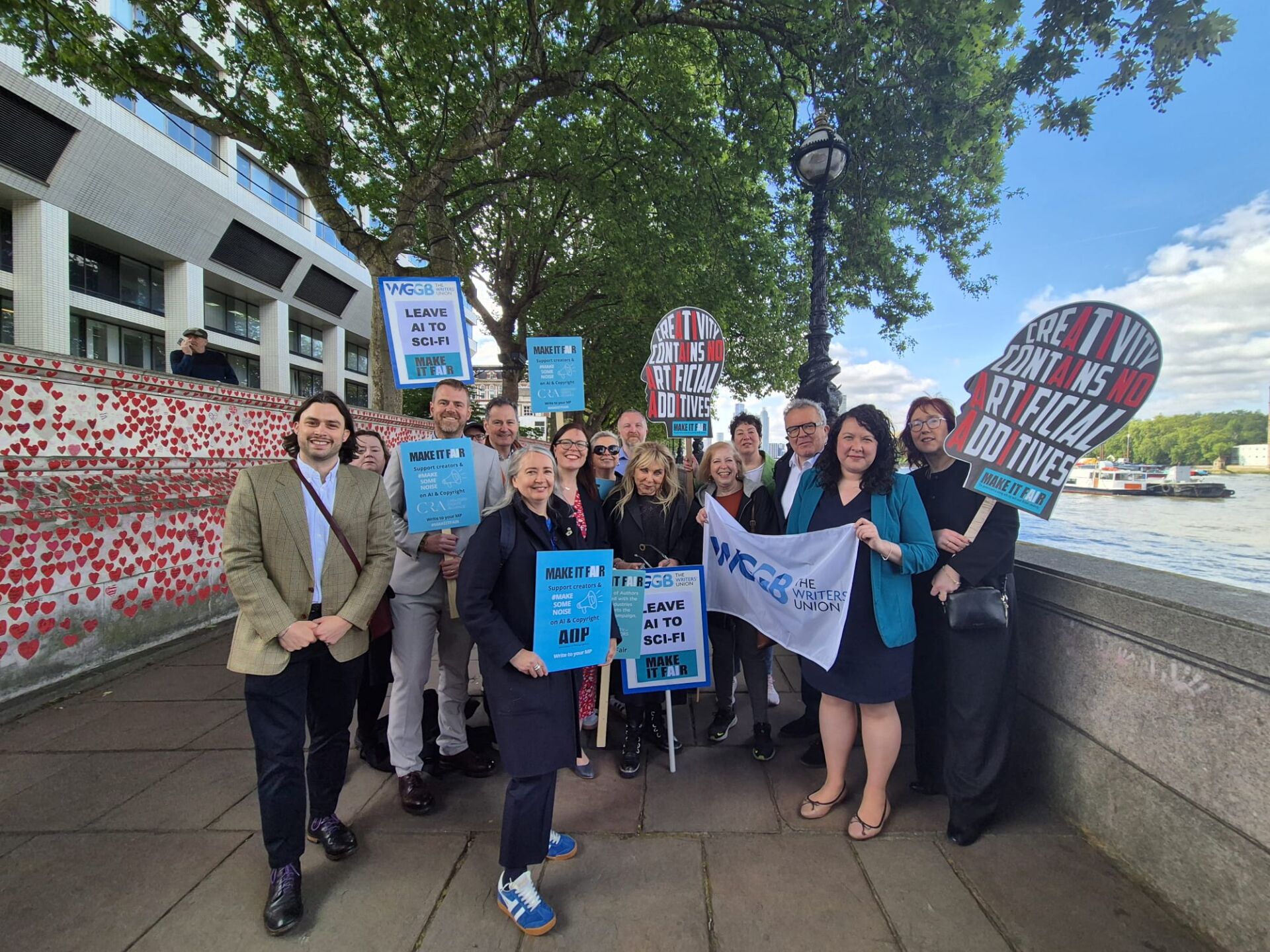The growth of these sites is deeply concerning. Some, like Open Library, have the audacity to claim their practice is legal, calling it ‘Controlled Digital Lending’. Others, like ebook bike, pay lip service to copyright by saying that people should not upload copyright works. All are flagrantly breaching copyright.
Ebook bike
The SoA has issued an abuse report for infringing copyright works with the host sites enabling ebook bike to exist online, which has been important in getting piracy sites taken down in the past. The site was briefly taken offline on 7 March – no doubt a response to public pressure – but it has now reappeared. It is important for authors and publishers to keep the pressure up by submitting takedown notices – see below for information on how to do this.
Open Library
We continue to take action over Internet Archive’s Open Library. We have written to Boston Public Library, which supplies some physical books for scanning to Open Library, urging them to stop colluding in a practice which is a flagrant infringement of copyright and so detrimental to authors.
Our contact at Boston Public Library – who signs off emails ‘free for all’ – claims that Open Library is ‘a mission driven non-profit library dedicated to the long-term preservation and access to the world’s knowledge and cultural heritage collections.’
Our CEO Nicola Solomon has made the following points in writing to Boston Public Library:
Owning a physical book does not give you the right to copy it and this is entirely different from library lending for a number of reasons:
- Physical libraries lend books to library members within a limited territorial range – no such limitation exists on Open Library, which offers books to people from all over the world.
- Physical books deteriorate over time and have a limited lifespan, a principle which has been written into the fees charged for legitimate e-lending by libraries. There is no suggestion that books on Open Library will ever be ‘retired’ in this way.
- The Open Library claims that files are only “lent2 for a limited time. However these files can easily be copied and downloaded.
- Boston Public Library states that ‘there is no financial profit to be gained from this process’. This is untrue. The Open Library has the ability to monetise the processes through advertising and data mining.
- Further, the process will result in a financial loss for authors, who do not receive any royalties from these loans which undoubtedly compete with legitimate sales and loans. Authors’ earnings are in decline and many are struggling financially. A survey carried out by the Authors’ Licensing and Collecting Society (ALCS) in 2018 found that an author in the UK earned an average of just £10,500 from their writing per annum. The form of lending that takes place on Open Library has the potential to destroy the e-book market and make it even harder for authors to make a living from their work.
- It also competes with borrowings from bona fide UK libraries. In the UK, libraries buy licences for the e-books they offer and authors are also compensated by Public Lending Right which affords them a small payment (around 8.5 pence) every time a book is loaned from a library. These payments are of significant value to authors. The Open Library pays nothing at all to the creator.
- In the UK publishers, booksellers, libraries, agents, authors and the Government worked hard to agree a process for ebook lending which rewards authors and provides free access to the public for a wide range of ebooks. The Open Library threatens to undermine that balanced and agreed system.
We will continue to lobby on your behalf in relation to Open Library and urge you to continue to send take down notices if you see your books on the site. We are considering further options, working with the Publishers Association and authors’ organisations across the world.
What can you do if you see ebook piracy?
We have been giving out this advice to authors whose work appears on ebook bike, Open Library, or any other piracy site, on Twitter and elsewhere:
- Tell your publisher. They will usually hold the right to take action for copyright infringement (unless you are self-published or have had your rights reverted) and it is their responsibility to tackle piracy.
- Ask your publisher to issue a takedown notice, or report the infringement via the Publishers Association’s copyright infringement portal.
- You can still issue a ‘notice and takedown’ as an author to the offending site by emailing them with the heading ‘takedown request’.
- To do this, you’ll need to include your name and contact details, the URL of the offending material, full details of that material, and an explanation as to why you believe it to be an infringement of your rights.
- Encourage your readers to use public libraries, NOT pirate sites! That way, authors are paid (via libraries buying a licence to legitimately lend your book and through Public Lending Right in the UK), readers get free books and libraries are supported. Everyone’s happy.
It’s also important to note that many of these websites purporting to provide books for free are phishing sites. Clicking through just strengthens their resolve.






